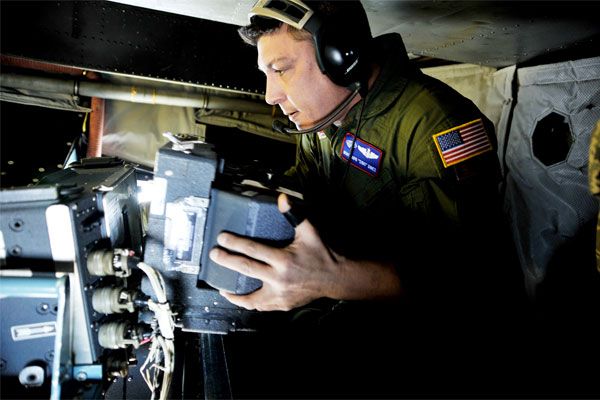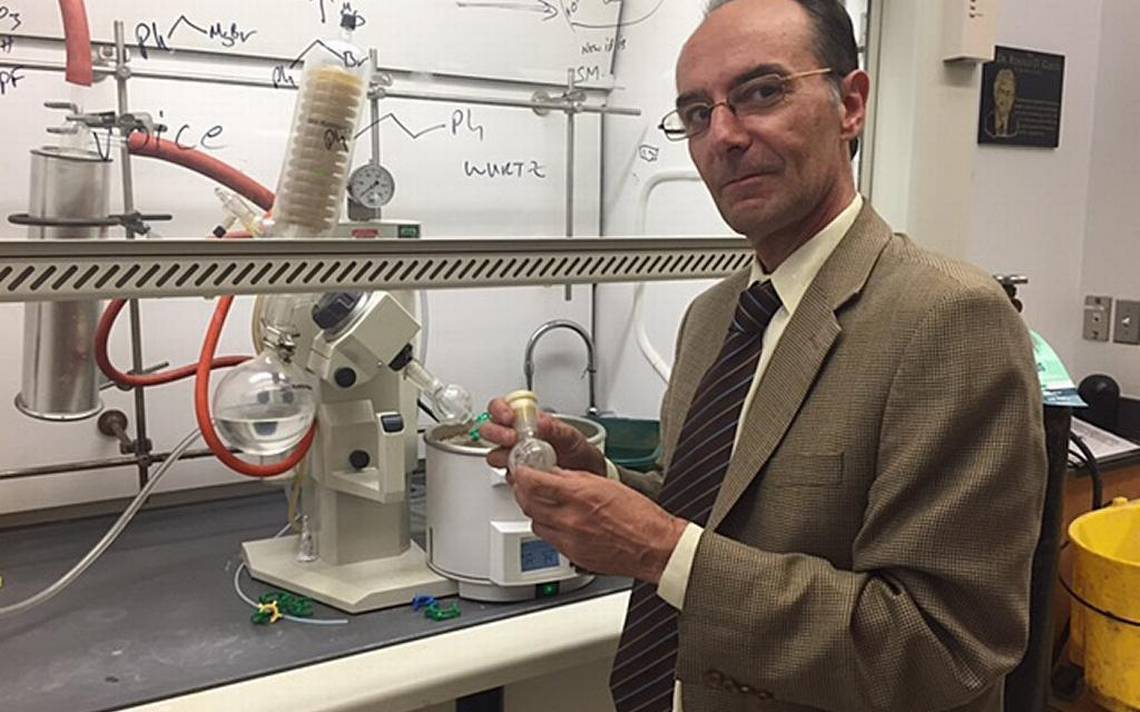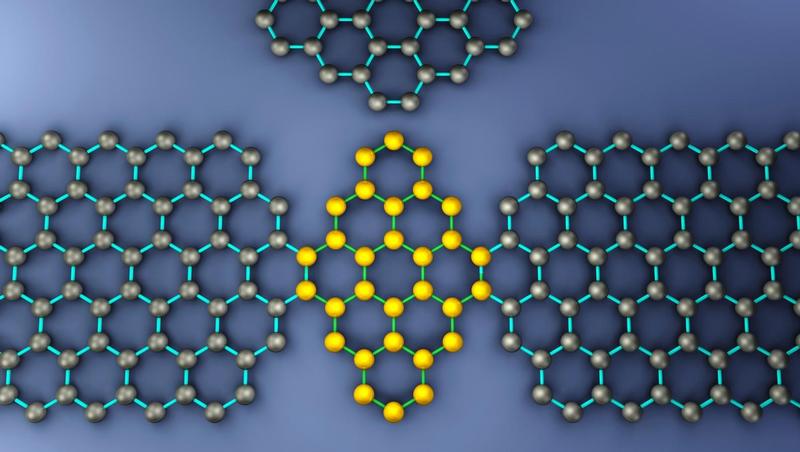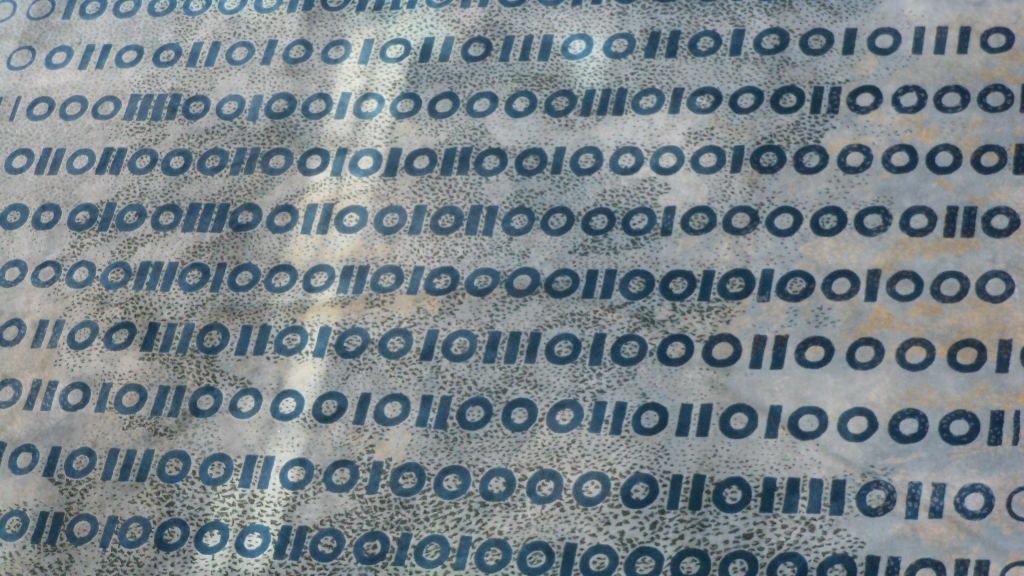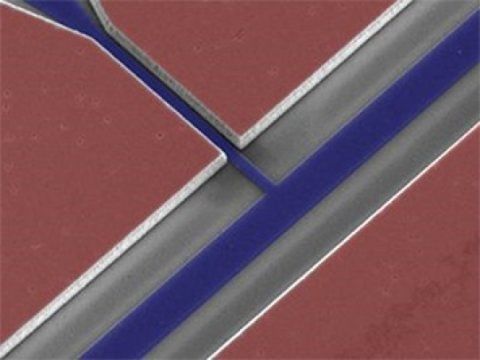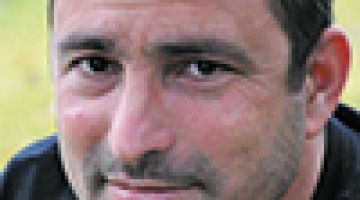Page 10691
Jul 30, 2016
China, Russia vow measures to tackle THAAD deployment
Posted by Karen Hurst in category: security
Beijing and Moscow have agreed that they will “proactively consider strengthening bilateral coordinating measures” to tackle the threat posed by the US and the Republic of Korea’s plan to deploy a powerful antimissile system on the Korean Peninsula.
The consensus was reached during the fourth China-Russia Northeast Asia security consultation in Mosow on Thursday, according to a news release of the Foreign Ministry on Friday.
Assistant Minister of Foreign Affairs Kong Xuanyou and Russian Deputy Foreign Minister Igor Morgulov co-chaired the meeting.
Jul 30, 2016
US surveillance plane makes emergency landing in Russia
Posted by Karen Hurst in categories: geopolitics, military, surveillance, treaties
We always hear how bad Russia is; etc. We never hear about these stories where they helped the US.
A U.S. Air Force surveillance plane making a routine flight over Russia to fulfill a treaty obligation was forced to make an emergency landing in eastern Russia earlier this week after experiencing a problem with its landing gear, a Pentagon spokes person told Fox News.
The unarmed American military plane had Russian officials on board as part of the 1992 Open Skies Treaty, which bounds 34 nations, including Russia and the United States, to allow military inspection flights to ensure compliance to long standing arms-control treaties and to offer greater transparency into each nation’s military capabilities.
Continue reading “US surveillance plane makes emergency landing in Russia” »
Jul 30, 2016
Could this experimental synthetic opioid break the cycle of addiction?
Posted by Karen Hurst in category: futurism
Researchers at the University of Maryland are developing a synthetic opioid painkiller that would not lead to physical dependence. The compound has been effective in animal testing, but tests in humans are still years away. So some experts are skeptical.
Jul 30, 2016
Joint Force 2035: Lasers, Biotech and Global Instability
Posted by Karen Hurst in category: biotech/medical
A new document from the Joint Chiefs warns of global instability and technological proliferation in 2035.
Jul 30, 2016
Researchers apply quantum theory and Einstein’s special relativity to plasma physics issues
Posted by Karen Hurst in categories: particle physics, quantum physics, space
Among the intriguing issues in plasma physics are those surrounding X-ray pulsars—collapsed stars that orbit around a cosmic companion and beam light at regular intervals, like lighthouses in the sky. Physicists want to know the strength of the magnetic field and density of the plasma that surrounds these pulsars, which can be millions of times greater than the density of plasma in stars like the sun.
Researchers at the U.S. Department of Energy’s (DOE) Princeton Plasma Physics Laboratory (PPPL) have developed a theory of plasma waves that can infer these properties in greater detail than in standard approaches. The new research analyzes the plasma surrounding the pulsar by coupling Einstein’s theory of relativity with quantum mechanics, which describes the motion of subatomic particles such as the atomic nuclei—or ions—and electrons in plasma. Supporting this work is the DOE Office of Science.
Quantum field theory
Jul 30, 2016
Post-Quantum: the UK startup that wants to save the world from quantum computers
Posted by Karen Hurst in categories: computing, quantum physics
Jul 30, 2016
Crystal-Powered Quantum Entanglement Satellite Will Test Quantum Communications
Posted by Karen Hurst in categories: encryption, quantum physics, space
A Chinese satellite launching in August would be the first to bring a worldwide quantum-encrypted communication network to reality.
Jul 30, 2016
New device steps us towards quantum computing
Posted by Karen Hurst in categories: computing, particle physics, quantum physics
If biochemists had access to a quantum computer, they could perfectly simulate the properties of new molecules to develop drugs in ways that would take today’s fastest computers decades. A new device takes us closer to providing such a computer. The device successfully traps, detects, and manipulates an ensemble of electrons above the surface of superfluid helium. The system integrates a nanofluidic channel with a superconducting circuit.
Because they are so small, electrons normally interact weakly with electrical signals. The new device, however, gives the electron more time to interact, and it is this setup that makes it possible to build a qubit, the quantum computing equivalent of a bit. Quantum computers could provide the necessary computing power to model extremely large and complex situations in physics, biology, weather systems and many others.
While isolated electrons in a vacuum can store quantum information nearly perfectly, in real materials, the movements of surrounding atoms disturbs them, eventually leading to the loss of information. This work is a step towards realizing isolated, trapped single electrons by taking advantage of the unique relationship existing between electrons and superfluid helium. Electrons will levitate just above the surface of helium, about 10 nanometers away, insensitive to the atomic fluctuations below. While this effect has been known, holding them in a superconducting device structure has not been demonstrated before this work. At the heart of this new technology is a resonator based on circuit quantum electrodynamics (cQED) architecture, which provides a path to trap electrons above helium and detect the spins of the electrons. Because they are so small, electrons normally interact only very weakly with electrical signals.
Jul 30, 2016
Cell biologists should specialize, not hybridize
Posted by Karen Hurst in categories: biological, computing
Very true POV.
Dry cell biologists, who bridge computer science and cell biology, should have a pivotal role in driving effective team science, says Assaf Zaritsky2.
